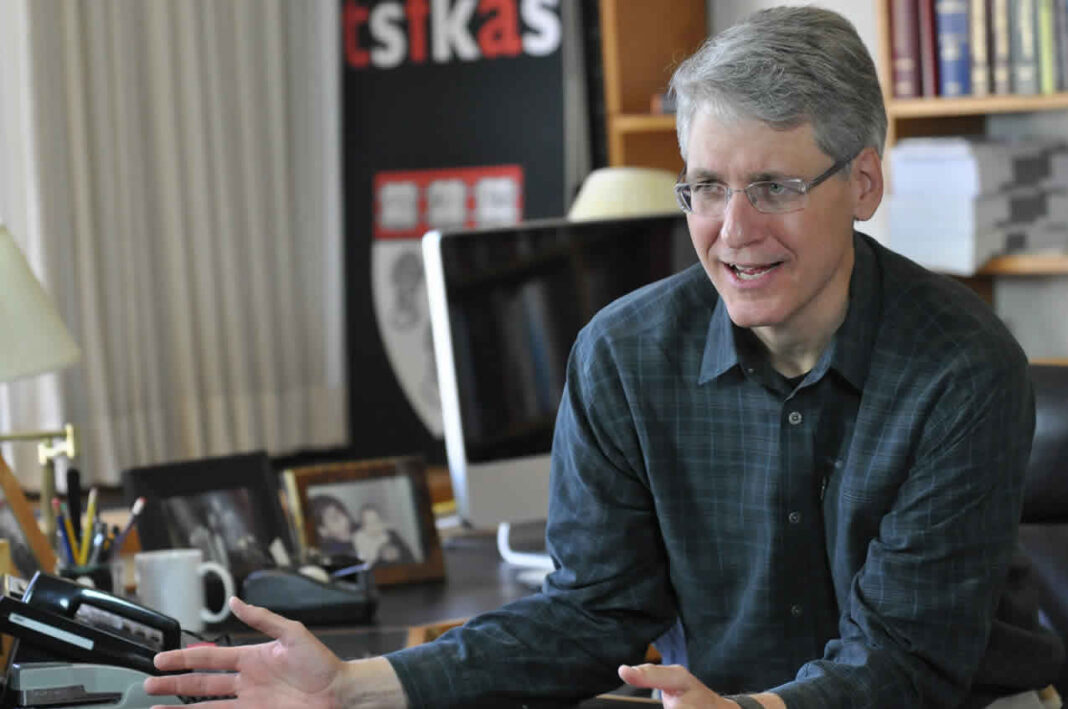Experts have said that online courts are not the best option for civil justice and make no sense.
The Scottish Civil Justice Council has prepared draft rules that aim to expand the number of online courts. They are currently available for consultation. The SCJC’s response window to the consulation was half of what it normally gives when it was first published. Since then, it has been extended.
In a speech last month, Lord Carloway, the Lord President, stated that using WebEx to replace an in-person hearing offers few, if any cost savings for SCTS. He stated that the purpose of online systems was to increase efficiency, quality, access, and time savings.
However, the Faculty of Advocates opposes these plans. Roddy Dunlop, QC, Dean of Faculty was skeptical of the claims of Lord President.
He stated to Scottish Legal News, that the efficiency argument “makes sense in procedural hearings.” With respect, it does not hold true for substantive hearings.
He said that repeated IT problems and the challenges of not being in a room with the judge meant that the hearings were less efficient, not more.
He said that online hearings do not improve the quality and accessibility of justice. Online hearings aren’t more accessible. Anyone can access the courtroom. He said that not everyone can access the internet in the manner required to efficiently conduct these cases.
He said: “Given that I have never heard anyone claim that remote hearings are superior to in-person hearings for certain aspects; given the many downsides, if, according to the Scottish Courts and Tribunals Service, it’s not more expensive, then why would you want that route?” It just doesn’t make sense to me.”
Lord Hope of Craighead from Crossbench, a former Lord President, and Deputy President, of the Supreme Court, agreed to Mr Dunlop’s statement that remote hearings were “second-best”.
He stated to SLN, “Based on my experience with remote hearings in arbitration proceedings as well as my work on committees in House of Lords, my concerns about efficiency of remote hearings are shared by the Dean of Faculty.”
“I believe they are second best when it comes to anything that involves significant discussion before the presiding judge, or the taking evidence.”
He said, “I agree with Lord President that we should use what we have learned about the new technology. In some cases, a hybrid procedure may be necessary to take formal evidence. In choosing what to do with the technology we have now, it is important to not underestimate the benefits of personally conducting proceedings.
These plans also clash with those south-of-the border as well as in Ireland where the bar and bench want to return to actual court business.
Mr Dunlop stated that two Court of Appeal judges as well as a Supreme Court justice told him they wanted to be able to conduct business in person in their courts. A large portion of the Irish bar opposes remote courts being used for motions. In an interview, Ms Justice Irvine, President, stated that physical trials would be the default in this term’s lists, including those relating to personal injuries, family law and cases involving complex legal submissions. However, she noted that hybrid hearings would be suitable for many cases.
Dunlop said that remote justice should be embraced, but that it shouldn’t take away the “all the benefits we get in terms collegiality, in terms learning; in general well-being; and in terms administration of justice that we get with in person hearings”.
Online courts can be used for procedural hearings. But, he stated that “even there” there are practitioners at the junior bar who are worried because that’s where their teeth are.
The Faculty saw 28 newcomers compete for the job in the midst the pandemic. This is the highest intake of devils since 1999.















